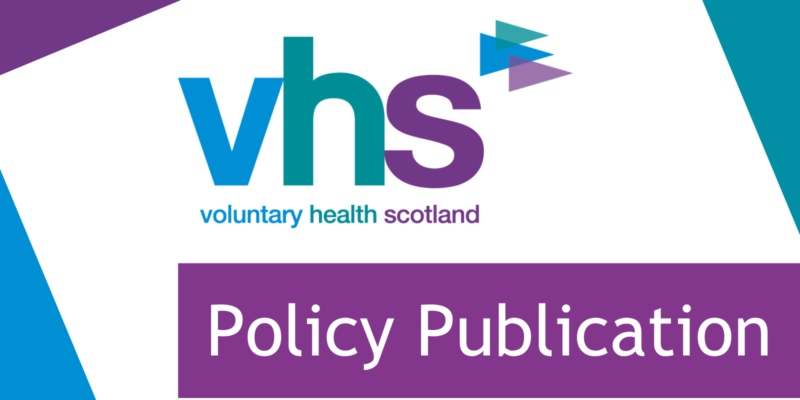
In our response to the Health, Social Care and Sport Committee’s pre budget scrutiny focusing on mental health spend, we welcome the recent commitment from the Scottish Government in various publications to prioritise prevention in the delivery of mental health services. We also welcome the explicit recognition of the third sector as a vital partner. However, we also state that current spend on mental health services is insufficient, inefficient and overly-complex, and that this has led to a disconnect between national policy and spending decisions at both a local and national level.
Mental health spending is overly complex and this can make it difficult to trace the impact of spend. Quality of spend is more important than quantity, and our members are seeing an increased prioritisation of spend on ‘overly medicalised’ interventions instead of vital community-based, preventative services. The third sector provides numerous examples of preventative spending activities which improve mental health, often in the primary and secondary prevention space. However, we are increasingly hearing from our members that spend on preventative services, particularly in the third sector, is under considerable strain.
It is also important to consider alternative sources of data to assess the allocation of resources for mental health. Third sector organisations generate considerable evidence on the efficacy of different types of intervention and are a source of considerable innovation and collaboration. However, such data is often discounted because it does not meet academic standards or is not based on representative sample sizes. Workstream 6 of the Public Service Reform Strategy presents a considerable opportunity to redesign the approach to mental health budgeting, and make better use of alternative data sources, including from within the third sector.
It is also vital that efforts are made to increase funding transparency around mental health, particularly regarding funding to the third sector. Increased transparency around local and national spending would greatly support better recognition of the role of the third sector in the provision of mental health services, as well as improved accountability around fair funding for the third sector.
Finally, whilst we broadly agree with the current priorities for mental health investment detailed in the Mental Health and Wellbeing Strategy, this cannot be to the detriment of other important priorities. In particular, tackling social isolation and loneliness, enforcing the right to independent advocacy, addressing the mental health of people with long term conditions, tacking mental health stigma and discrimination, and investing in social prescribing models are all crucial. It is also important that the voice of lived experience should be at the centre of decision-making on mental health spending priorities.
Thank you to those VHS members who engaged with us regarding this consultation and provided important reflections, evidence, and case studies to reinforce our response.
Read our full response here.
If you have any questions or reflections about our response, please contact Sarah Latto, our Policy and Public Affairs Lead.
